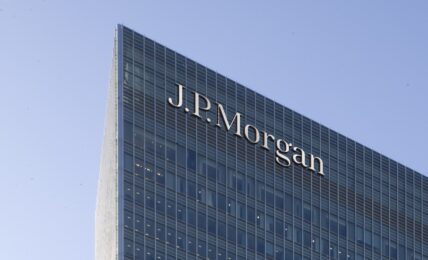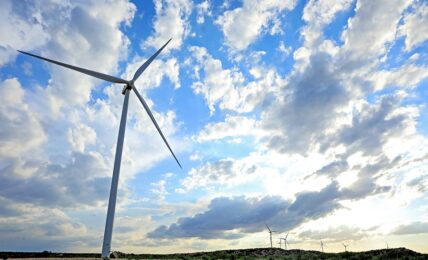Lawmakers at the European Parliament and members of the EU Council announced an agreement on a package of new proposed rules, dubbed ReFuelEU Aviation, aimed at decarbonizing the aviation sector, primarily by ramping the use of Sustainable Aviation Fuels (SAF).
The proposed rules include minimum blends of SAF for fuel suppliers, as well as requirements for aircraft operators and airports.
The announcement marks a significant step towards the completion of negotiations for the European Commission’s “Fit for 55” roadmap – the EU’s proposed strategy to cut greenhouse gas (GHG) emissions by 55% by 2030, compared to 1990 levels, as it marks the last agreement on the strategy’s transport proposals. Transport accounts for approximately a quarter of the EU’s greenhouse gas emissions.
Fuel accounts for the vast majority of the aviation sector’s emissions. Generally produced from sustainable resources, like waste oils and agricultural residues, SAF is seen as one of the key tools to help decarbonize the aviation industry. SAF producers estimate the fuels can result in lifecycle GHG emissions reductions of as much as 85% relative to conventional fuels. Efforts to meaningfully increase the use of SAF by airlines face significant challenges, however, including the low supply currently available on the market, and prices well above those of conventional fossil-based fuels.
For aviation fuel suppliers, the new rules would require a minimum share of SAF at EU airports, starting a 2% in 2025, and increasing over time to reach 70% by 2050, as well as a minimum share of synthetic fuels starting in 2030 and also increasing through 2050.
Rules for aircraft operators include a requirement for flights departing EU airports to refuel only with the fuel necessary for the flight, and to ensure that the yearly amount of aviation fuel uplifted at EU airports is equal to at least 90% of the yearly aviation fuel required. According to the European Commission, the rules are aimed at avoiding emissions related to extra weight from unnecessary fuel, and to avoid carbon leakage through “tinkering,” in which airlines would deliberately carry excess fuel to avoid refueling at airports with higher SAF requirements.
The new rules also include requirements for airports to ensure that their fueling infrastructure is fit for SAF distribution.
According to the Commission, the proposed rules would help resolve some of the industry’s key SAF challenges by providing certainty to fuel producers enabling investment into large scale SAF production.
Frans Timmermans, Executive Vice-President for the European Green Deal, said:
“The EU is setting all sectors on a pathway to climate neutrality, with the measures necessary to meet our 2030 and 2050 climate targets. We have now taken another important step towards reducing emissions in the aviation sector. Fuel suppliers at EU airports must provide an increasing share of sustainable aviation fuels and aircraft operators increase their use.”
The post EU Lawmakers Reach Deal on Rules to Decarbonize Aviation Sector appeared first on ESG Today.


